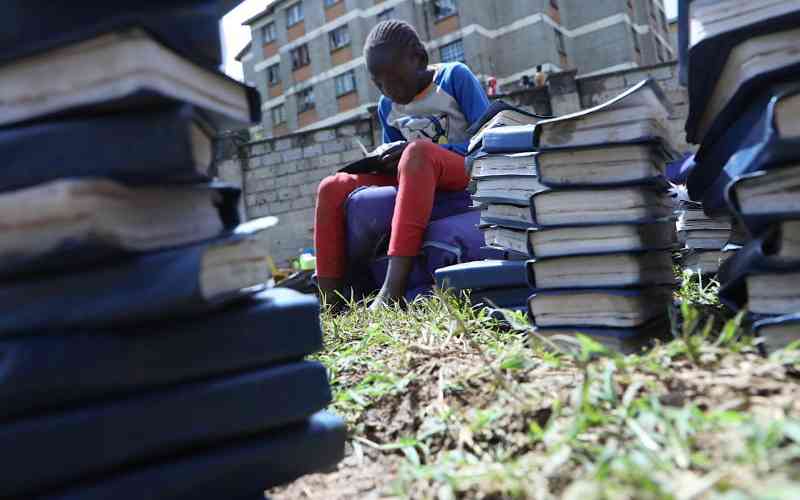×
The Standard e-Paper
Kenya’s Boldest Voice

For generations, many African Christians have grappled with the perception of Christianity as a "Western religion."
A new children's book, Africa and the Bible from A to Z, seeks to change this narrative by showcasing Africa's central role in the Bible. Designed to help young Africans rediscover their spiritual heritage, this beautifully crafted book blends faith, culture, and history.